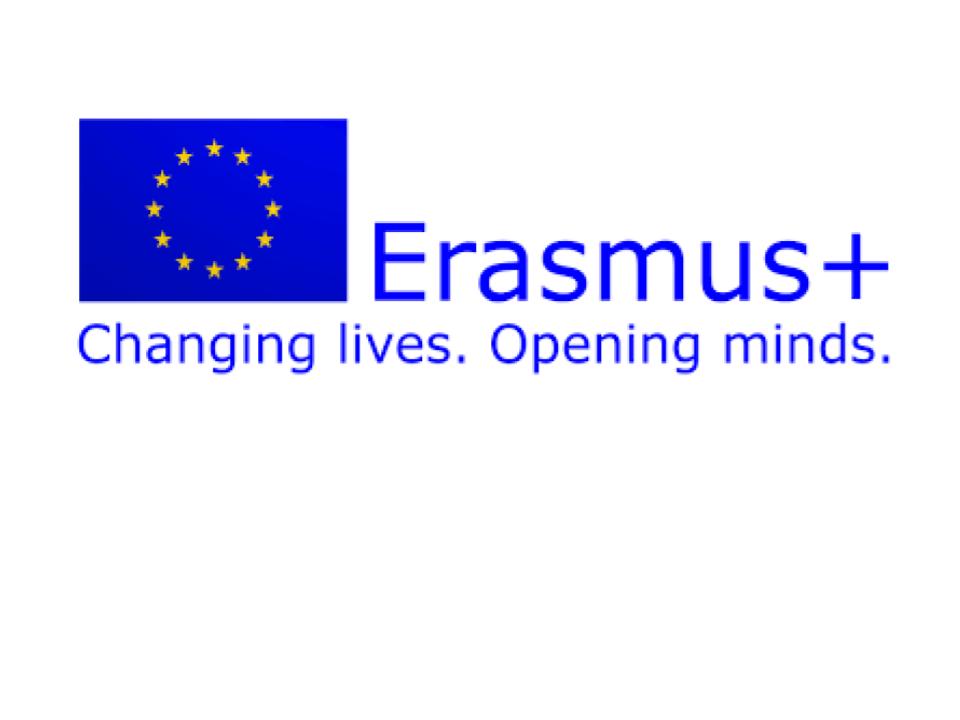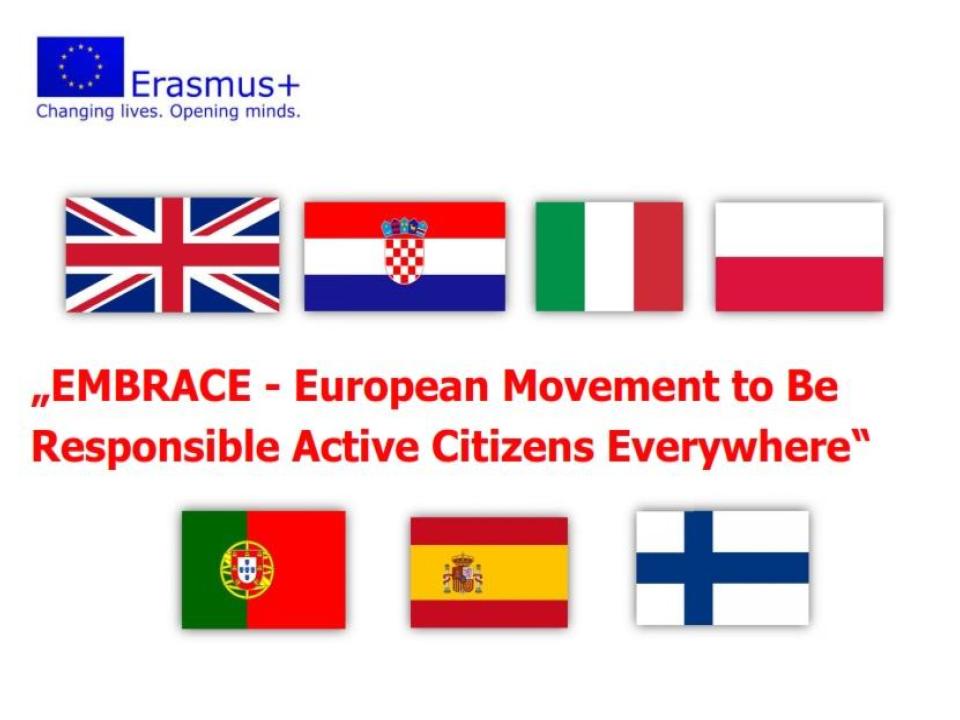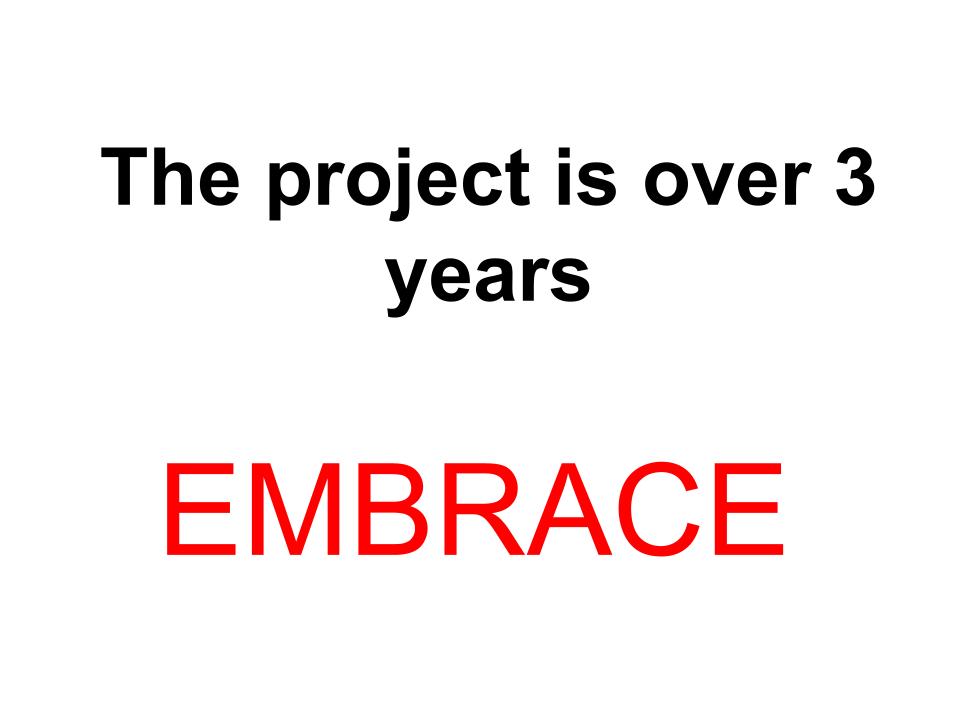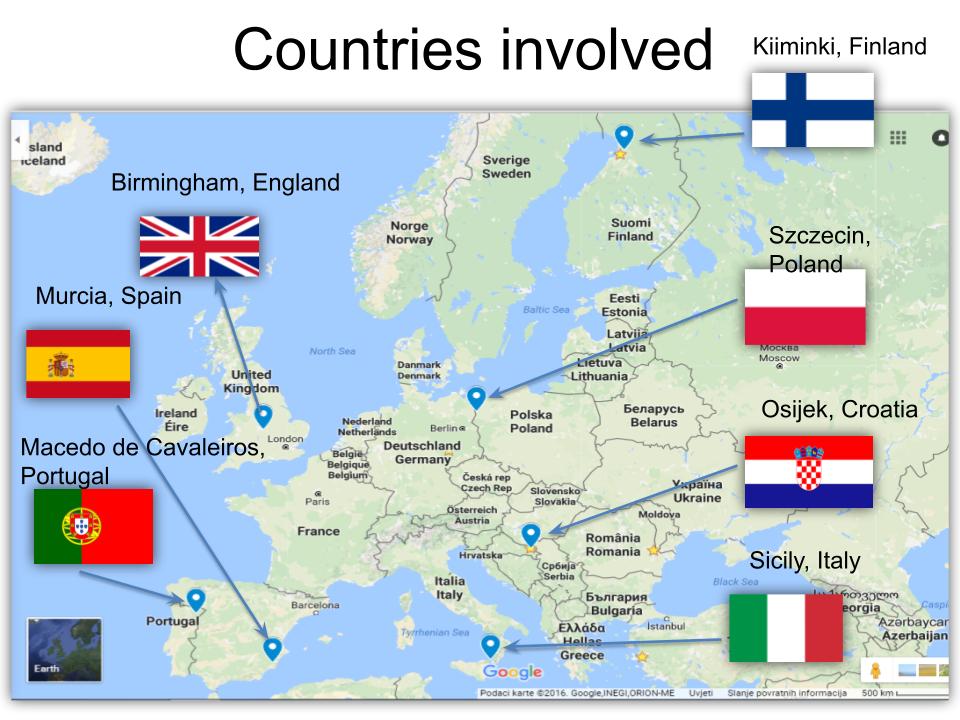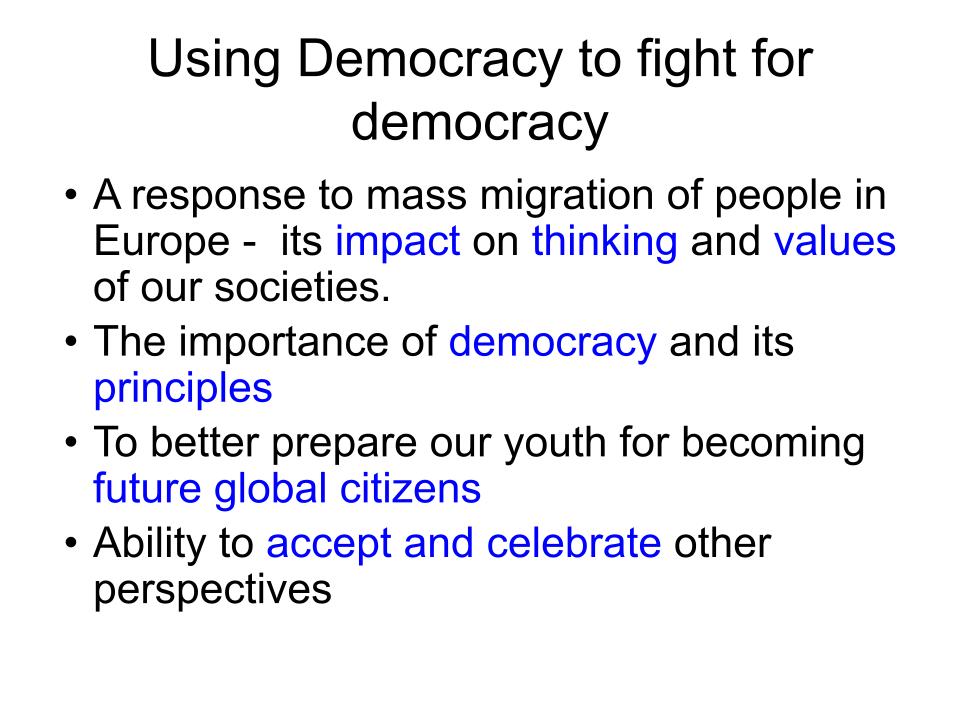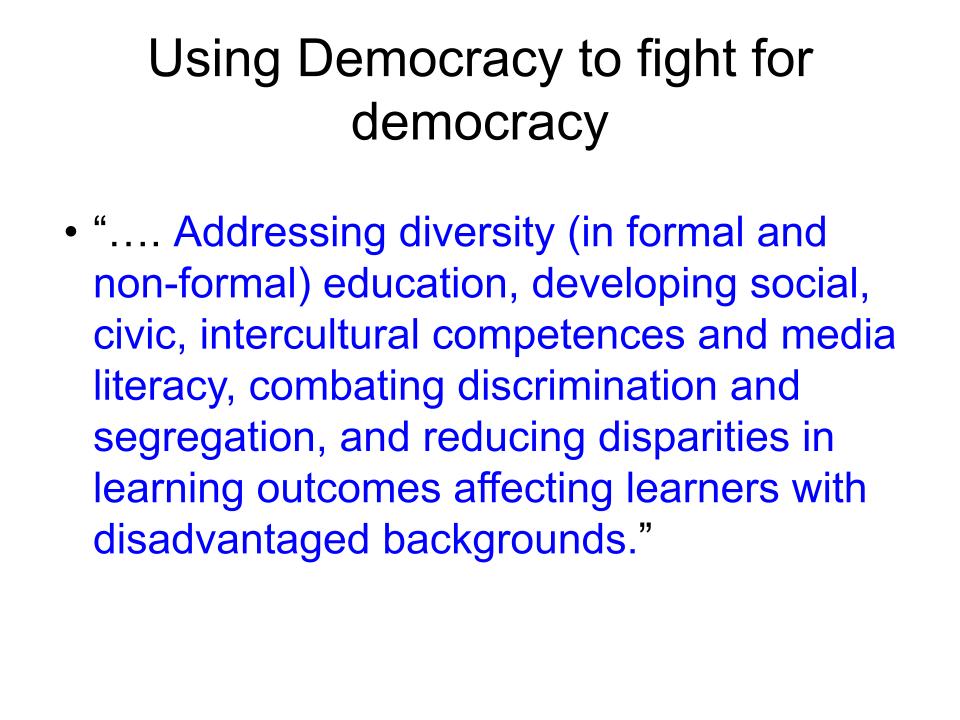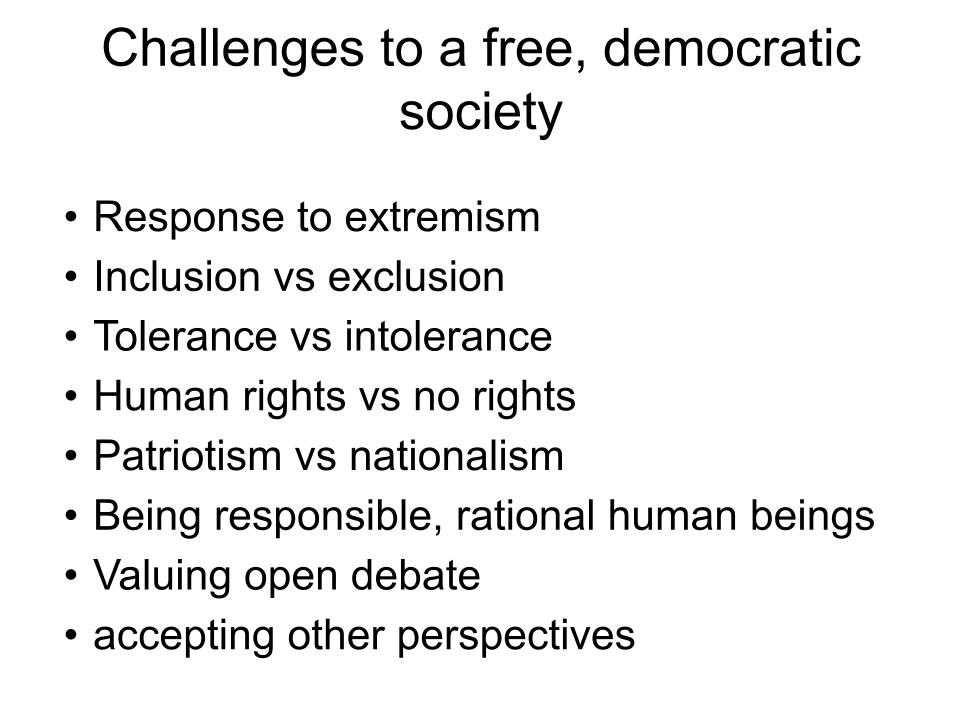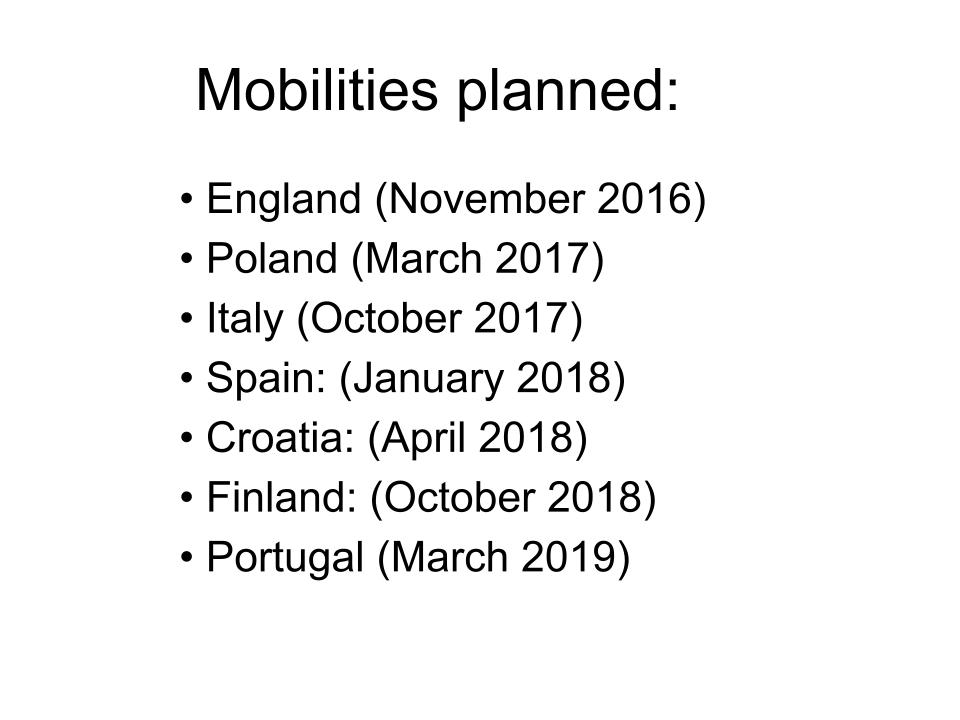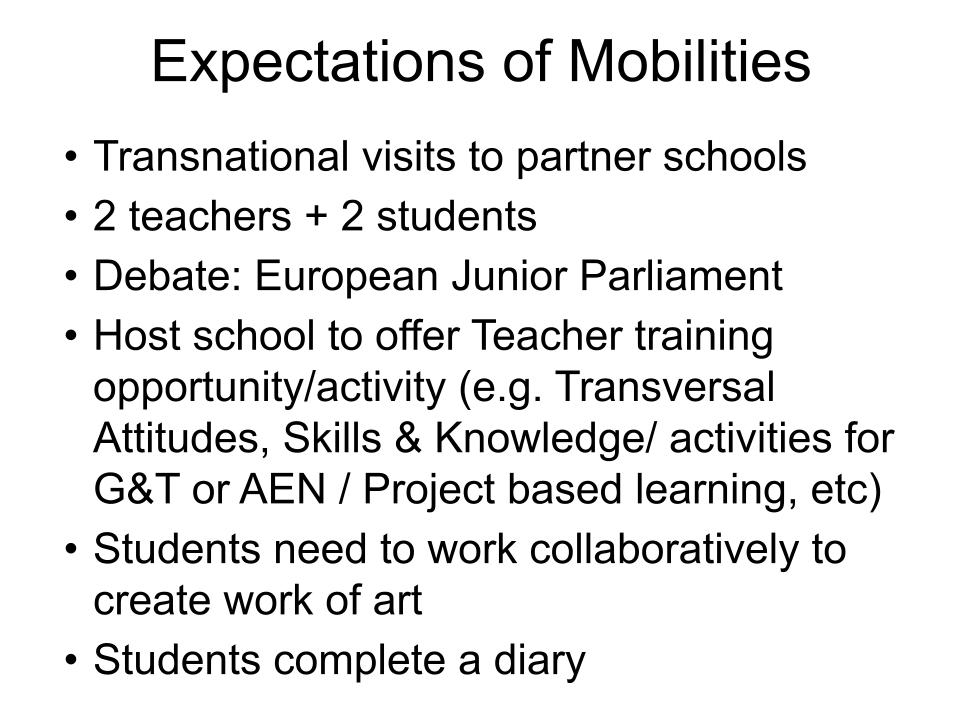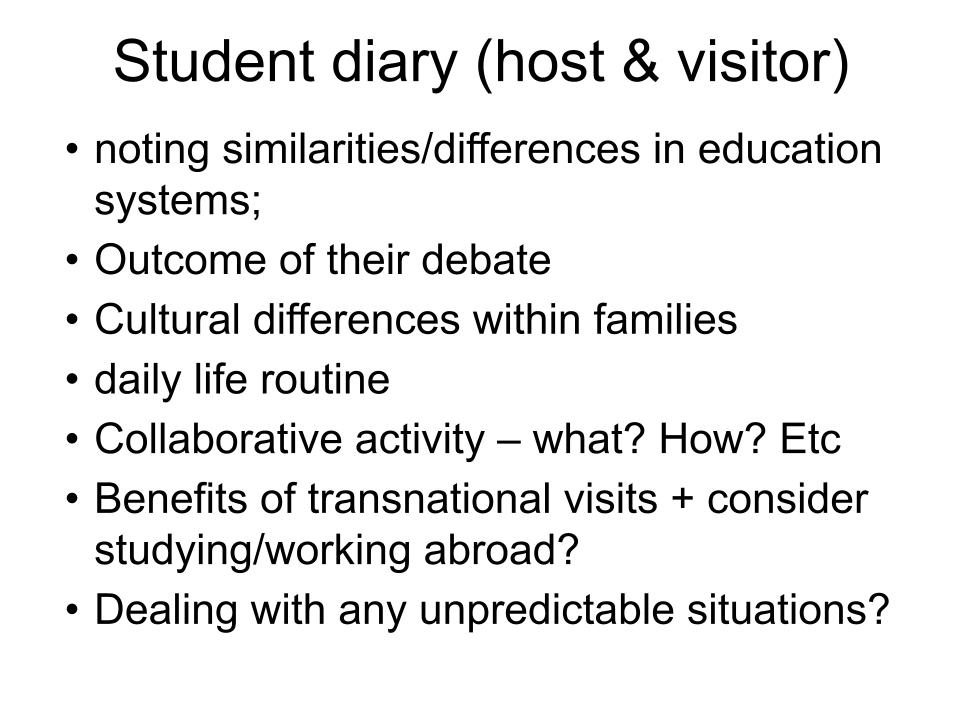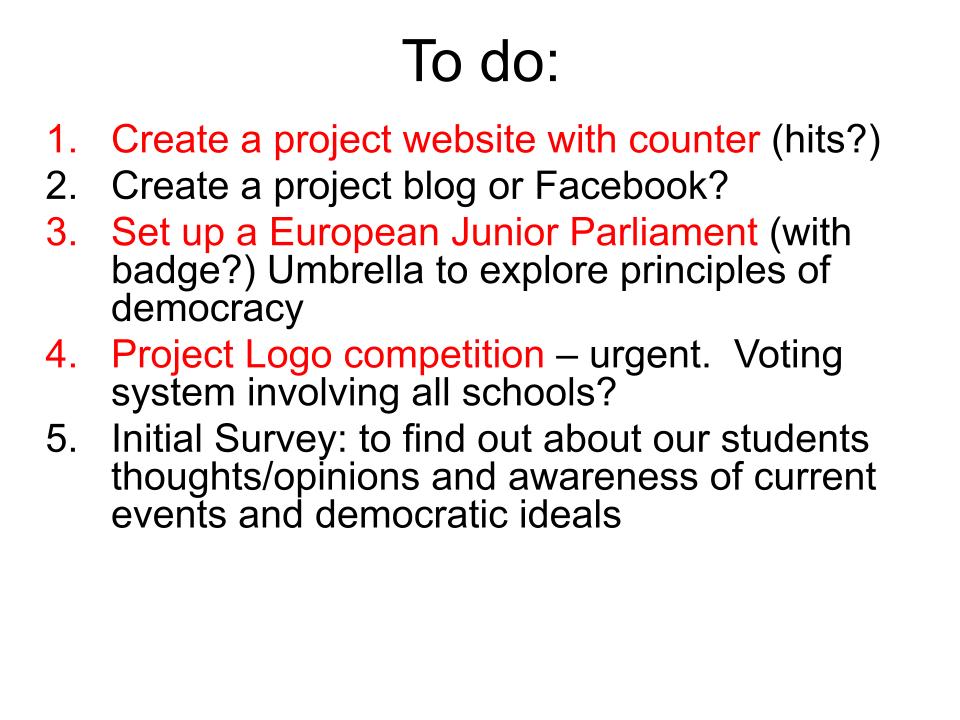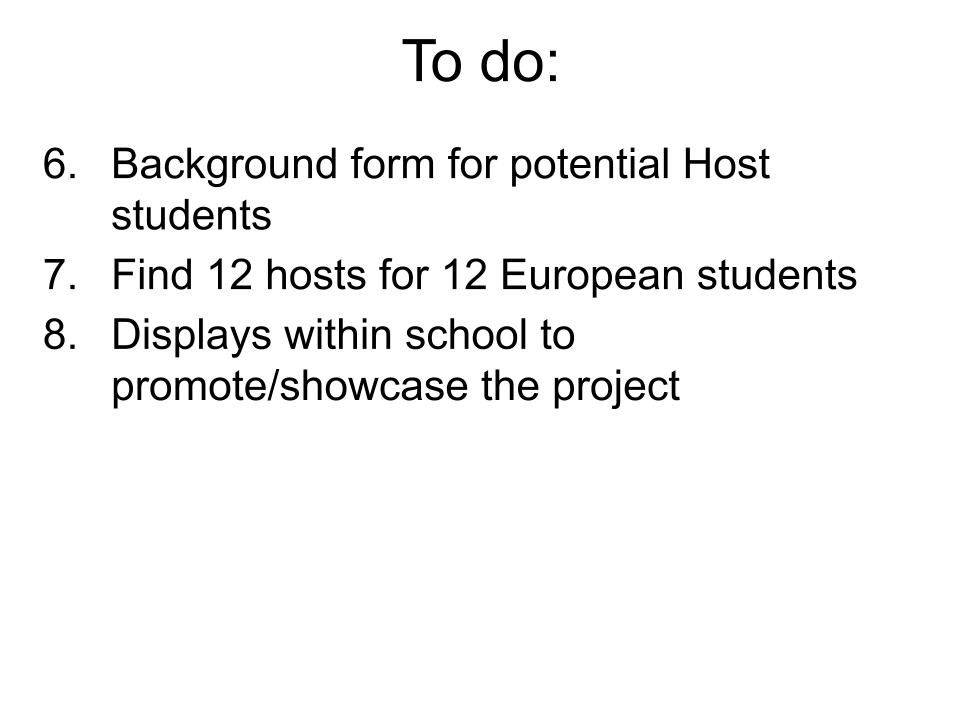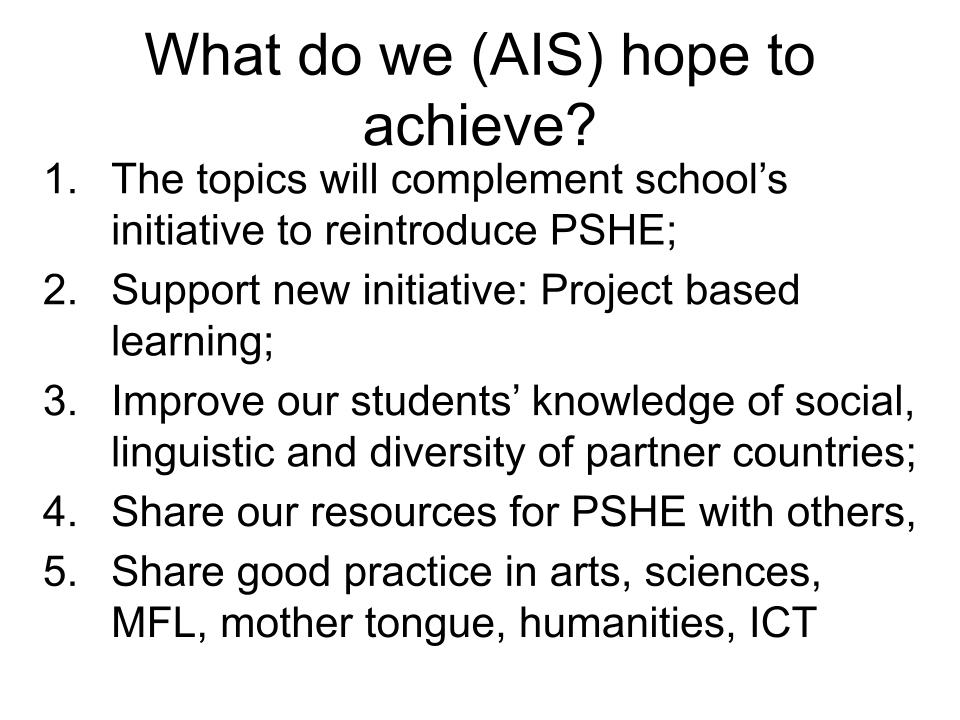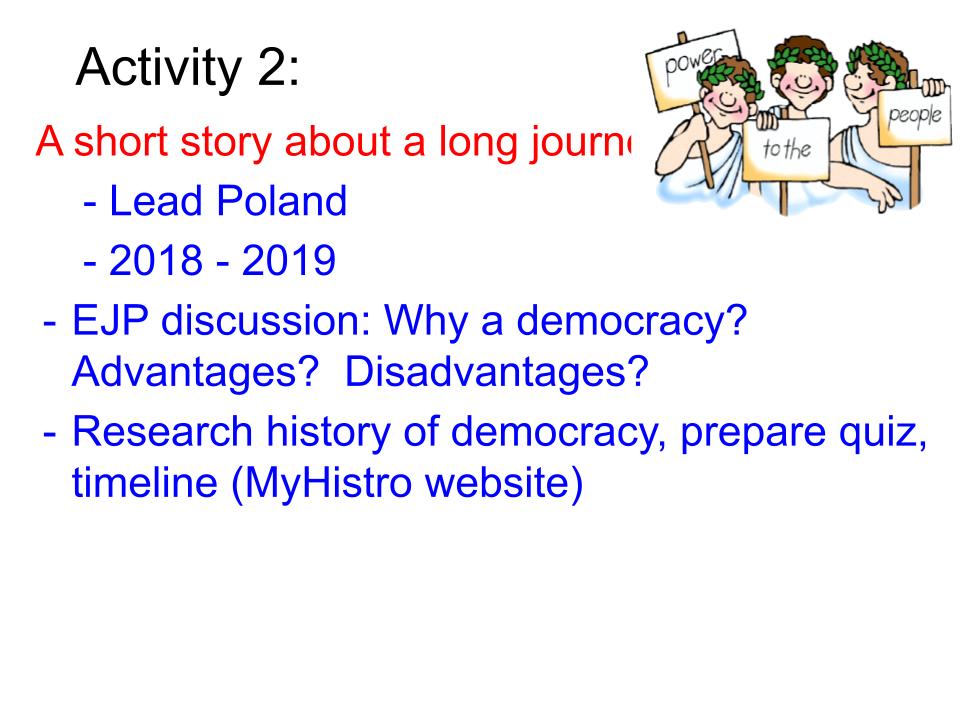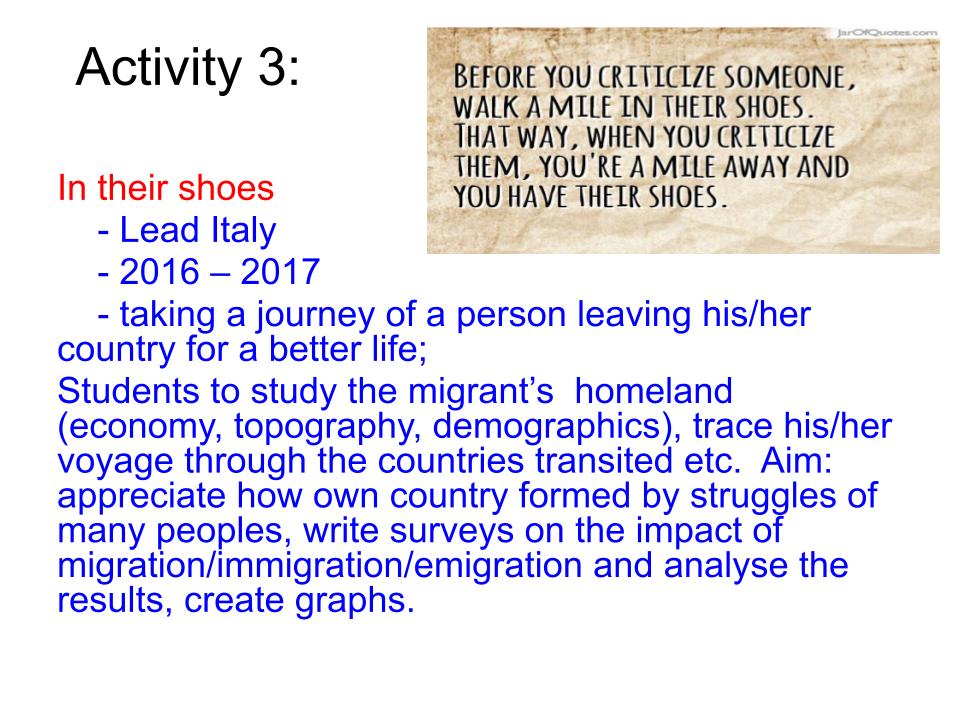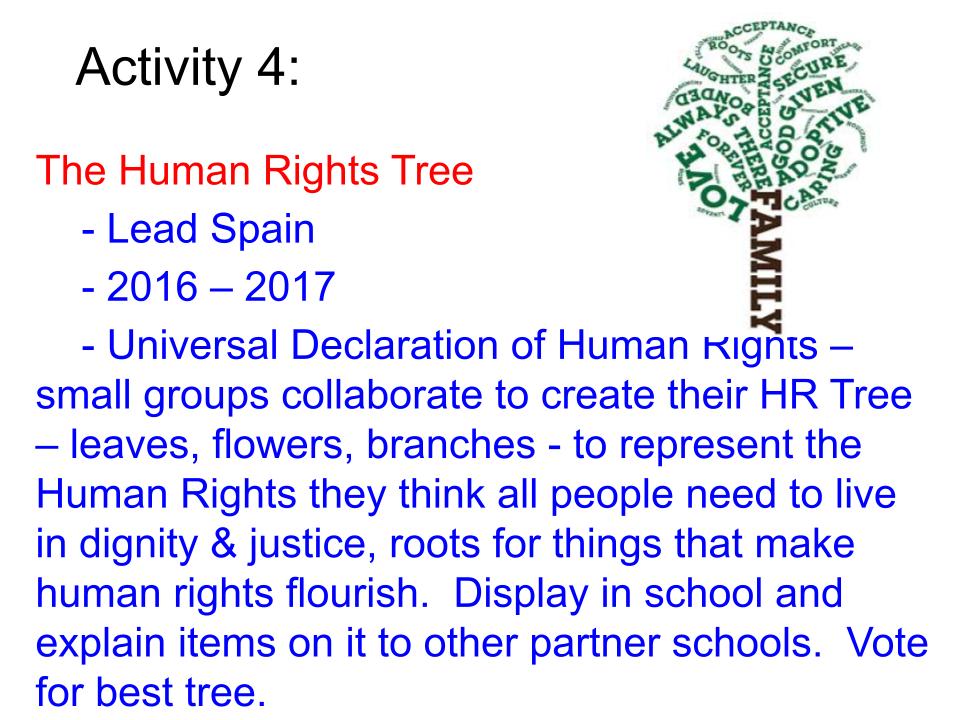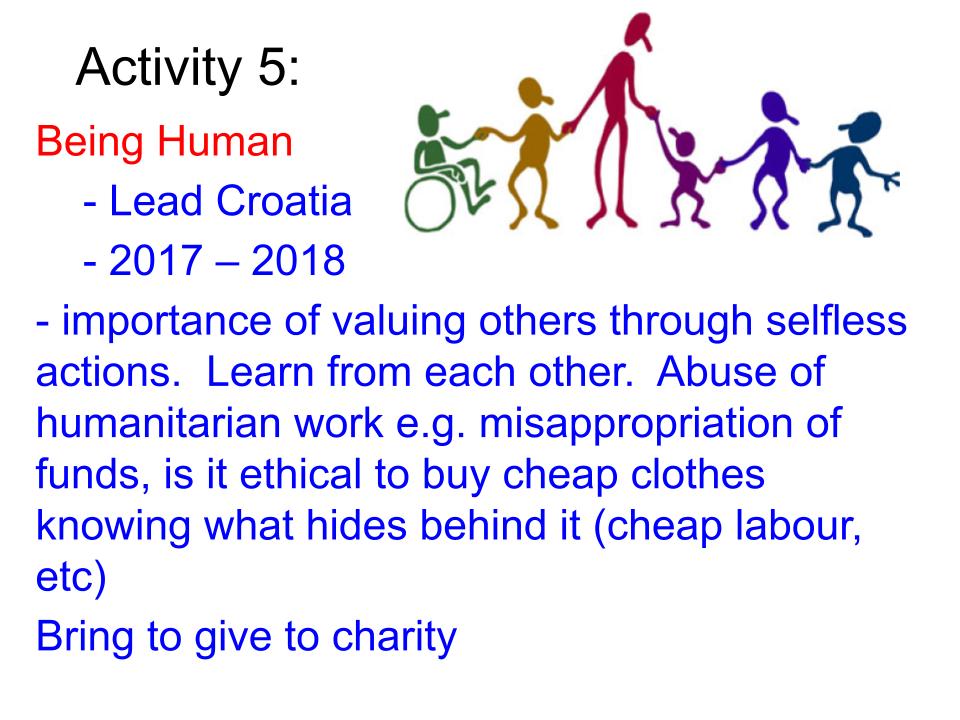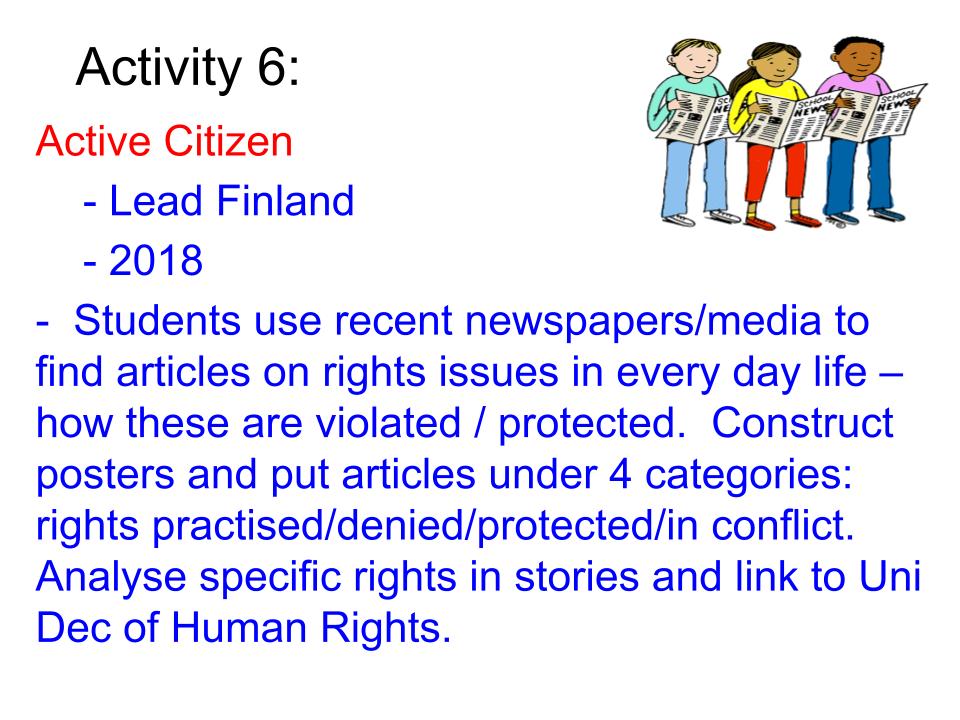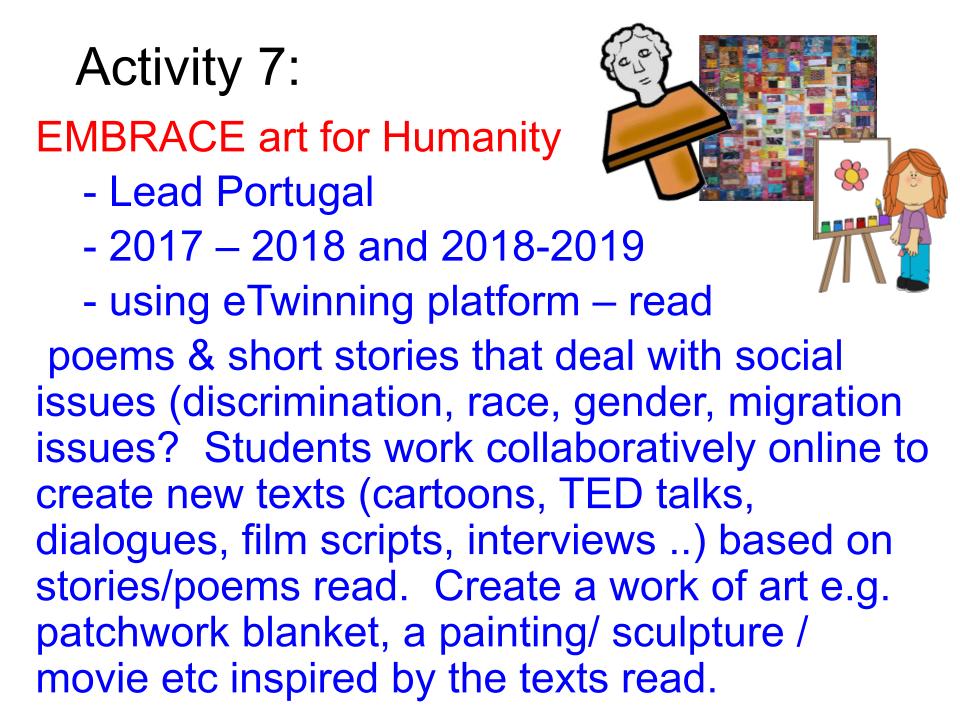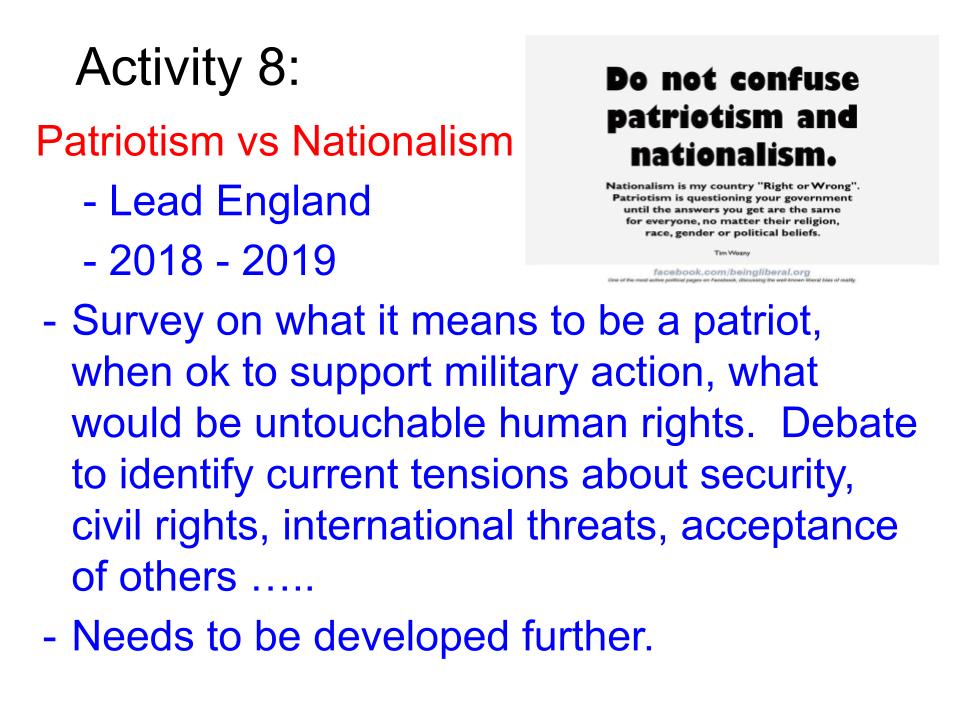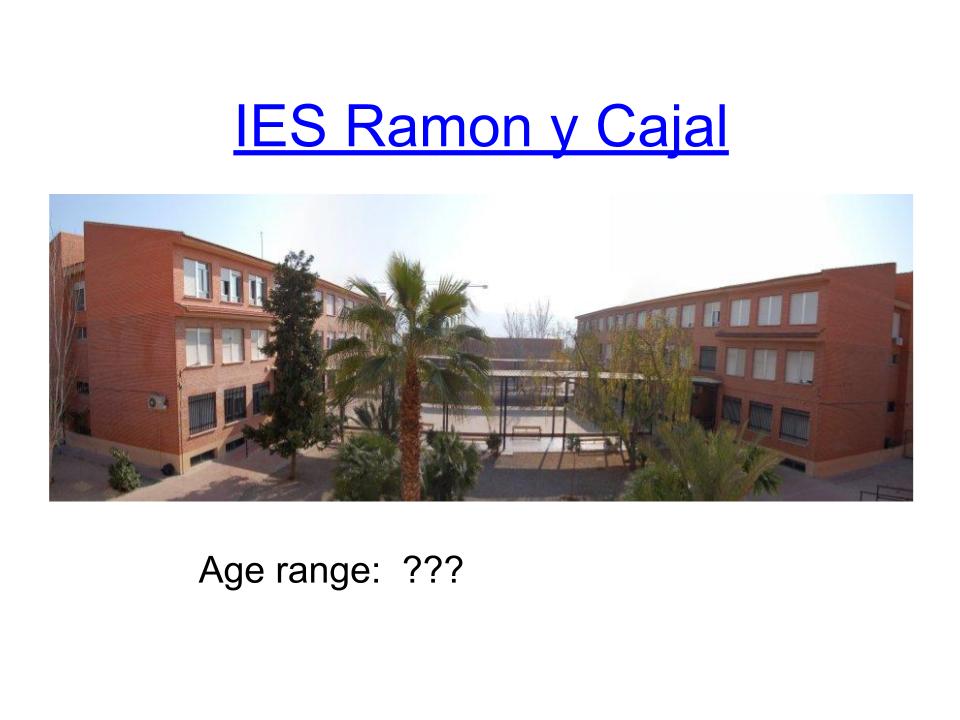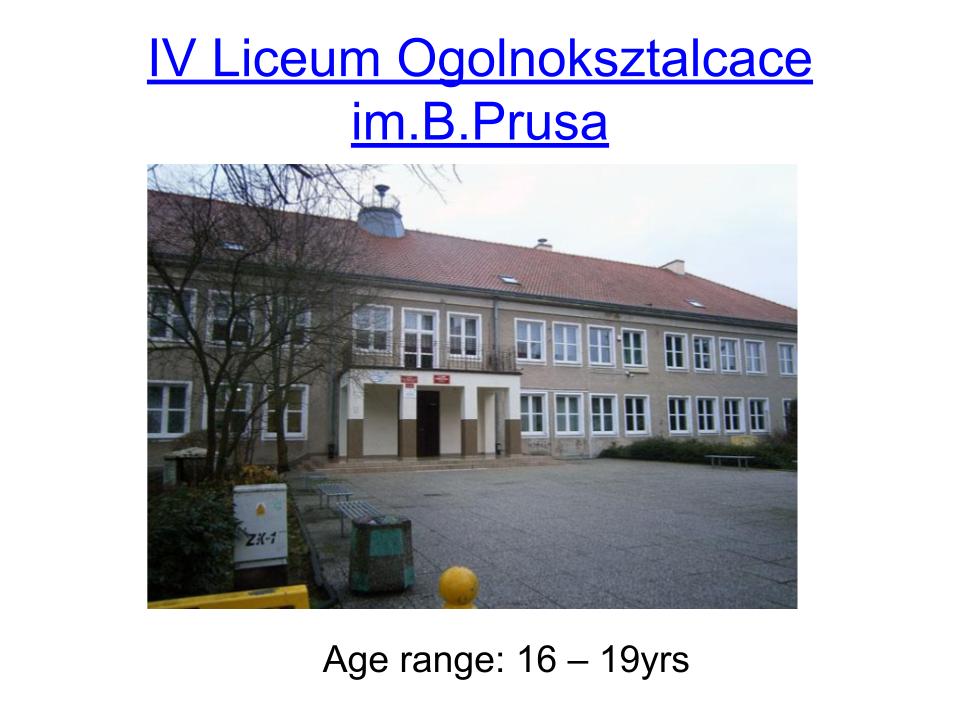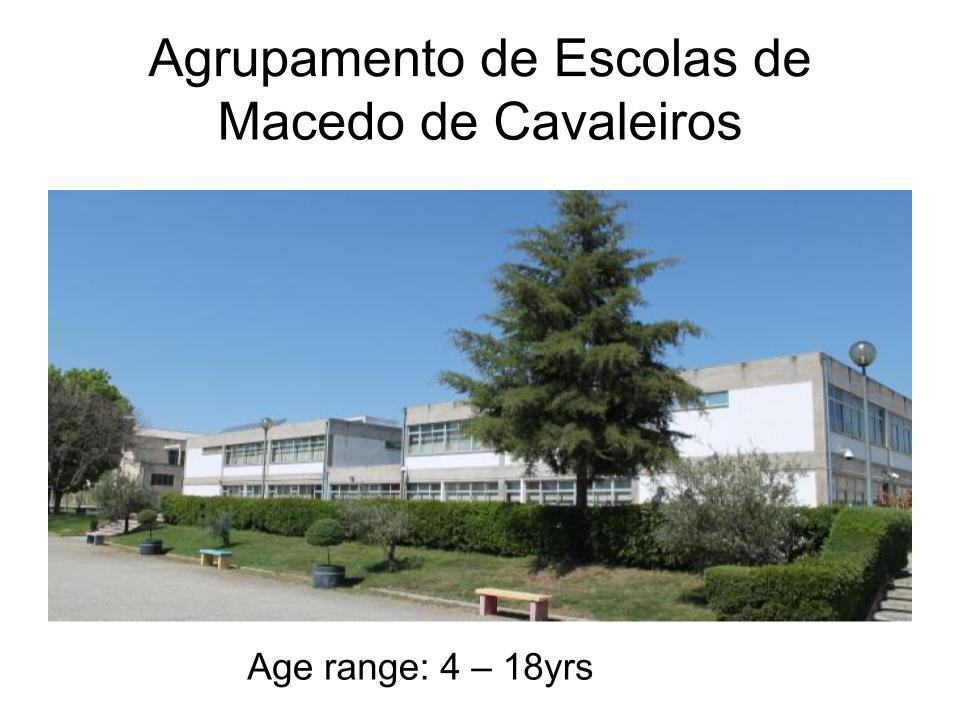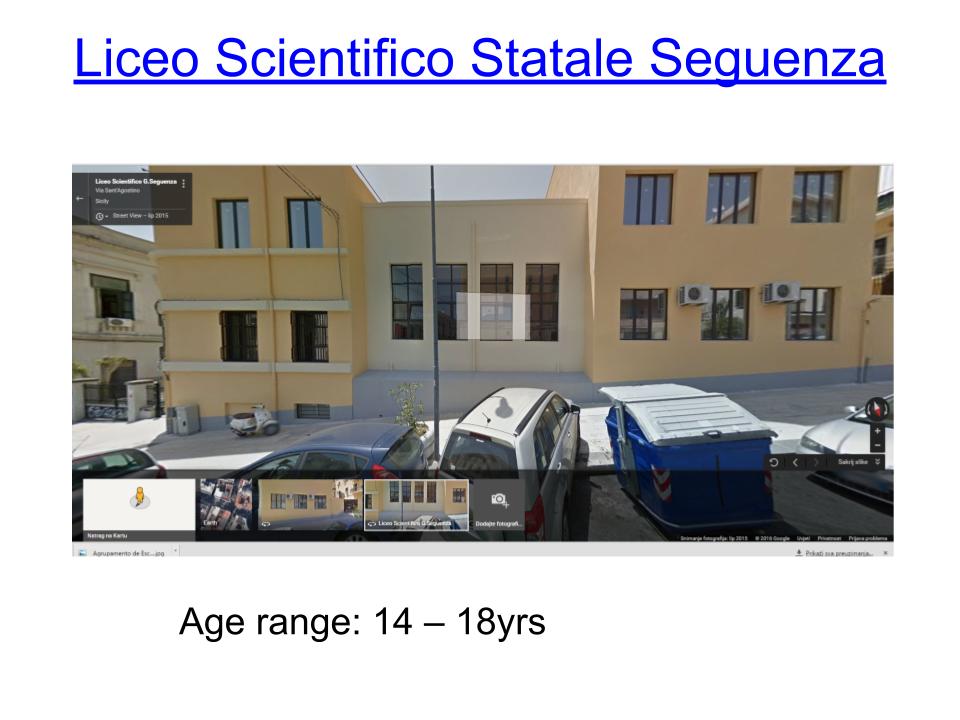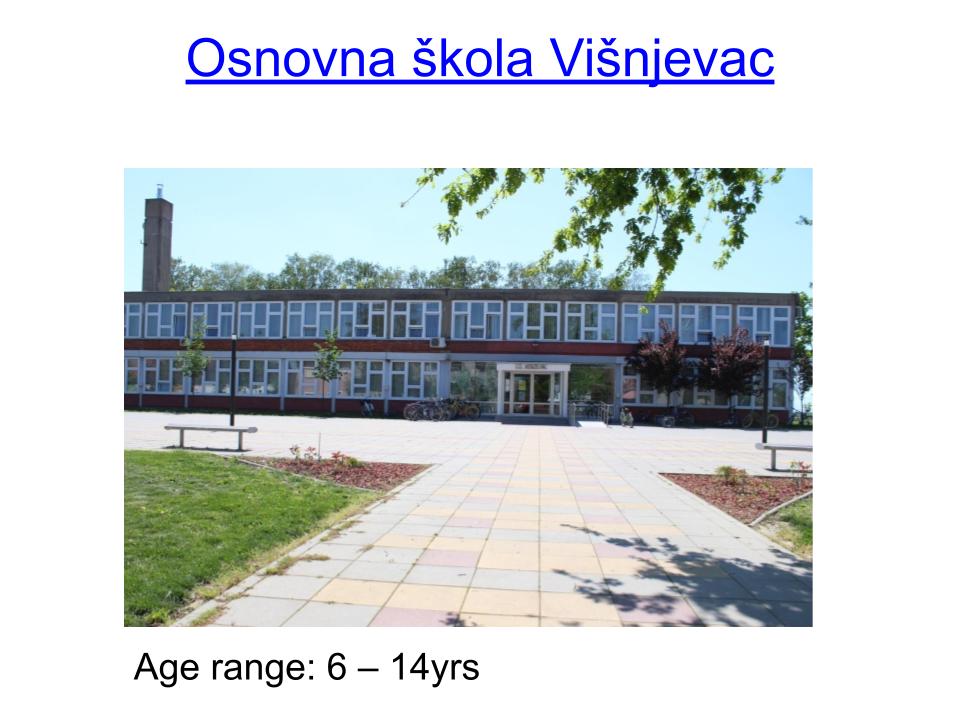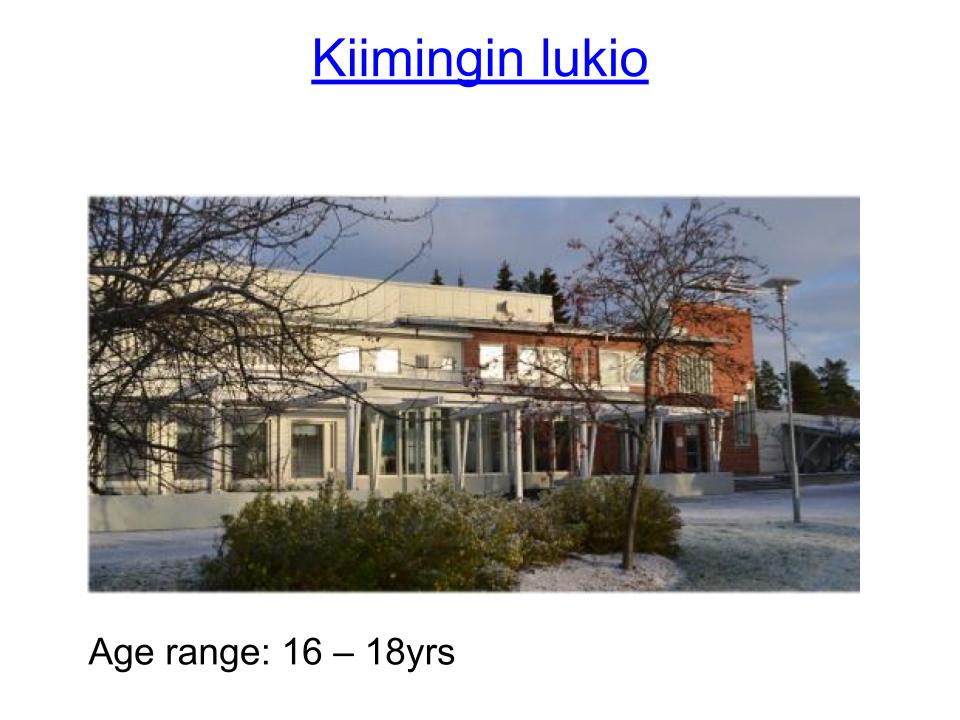About the Erasmus EMBRACE Project
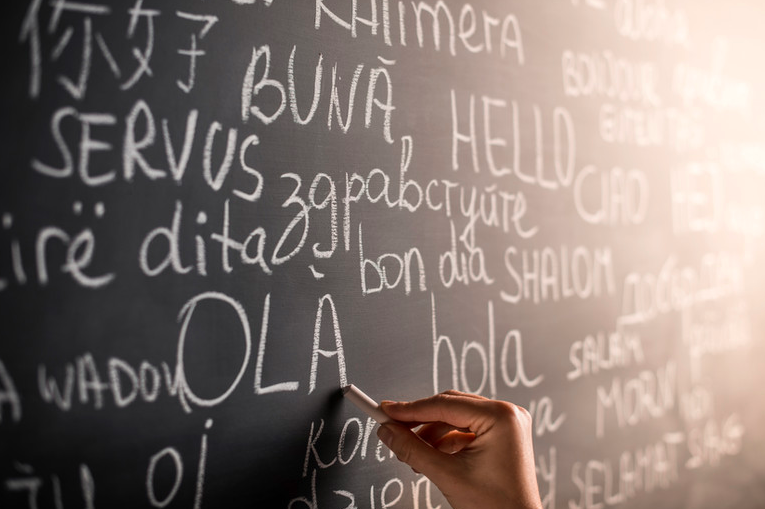
Our project will EMBRACE and embody the ideals of the European Union because it will endeavour to replicate the European Parliament at a simpler level, comprising 7 countries which are all at varying stages of their European journey/experience.
The aim will be to expose our students to the real challenges of a free society by raising uncomfortable and prevalent issues such as inclusion vs exclusion, tolerance vs intolerance, human rights vs no rights, and patriotism vs nationalism. We want to encourage our students, the citizens of tomorrow, to become responsible, rational human beings with a sense of commonality and common sense.
Today, our students have become so overly dependent on the new technologies for communication that they are in danger of losing the value of open debate where facial expressions, tone of voice and body language all play an equally crucial part. We hope to reignite/reinstill the art/skill of public debate, of convincing/persuading others through reasoned argument based on facts and research, and accepting differing points of view rather than just going by hearsay or media frenzy. Our learners will have a 'Student Voice' for active citizen participation.
Another challenge for the students will be to understand what the EU represents for the different countries in the partnership and their needs/wants and expectations of it. In today’s political climate it is imperative that the students are asked to reflect on issues such as what patriotism and nationalism mean to them as individuals. They must also try to understand what these mean to their peers from other countries, and how to combine the ‘excluding’ nationalism, which is growing in some of the partnership countries, with the feeling of ‘European’ citizen in a globalized world. In this way, we will understand and value much better what living in a democracy means if we learn about the difficulties that the different countries in the partnership have had to reach their current democratic societies.
To reach this goal, we will encourage both students and teachers to work together in raising their consciousness for becoming responsible citizens in an ever-changing world. The most effective and easy way to achieve this is by educating our youngsters on the importance of debate and discussion in a European democracy. They need to not only believe in their own human rights but also to respect those of others – to better protect themselves and also vulnerable groups (women, children, minorities) who might be at risk of social exclusion.
The target group for this project work will be all the students (and teachers) but, in particular, those who are in danger of becoming isolated, insular and intolerant of other communities, without much opportunity for interaction (physical and virtual) with peers/groups who may have similar/opposing viewpoints. The aim will be to develop students’ ability to embrace, accept and celebrate other perspectives. The activities within this project are all designed to help our students discover a deeper understanding of who they are, their place (home, community, country, Europe, world), and their role both in their own lives and in those of others.
In this manner, we will address some of the goals mentioned in the Europe 2020 strategy. Working on this project transnationally will provide the perfect vehicle for promoting the understanding of diversity at first hand. Our students and teachers will have the opportunity to interact with peers from different schools in different countries, sharing different traditions, interests, and cultural knowledge to enhance their European citizenship.
The mobilities will provide a form of professional development/training for all of us, an opportunity for learning new techniques, thus improving the quality of education in our institutions. As the partnership comprises 7 different countries with 7 different languages, we will promote multilingualism and so enhance the internationalization of all the participant schools through a ripple effect. It will promote the need for learning other languages.
We will promote the co-operation and exchange of good practice among the partner schools in areas such as arts, sciences, foreign languages, mother tongues, social areas (PSHE/civics), ICT, Humanities and Physical Education. The focus will be to use pedagogy and methodology which favours effective learning by putting the learners at the centre of activities through participative methods, task-based learning and project-based learning.
The teachers will:
• Share and learn new methodologies based on ICT,
• Adopt new practices or improve the current ones to respond more efficiently to the needs of our learners, (a form of teacher training)
• Find new approaches to deal with the diversity that we find in our schools at different levels: linguistic, economic, social and cultural, as that very often leads to early school leaving and under-performance.
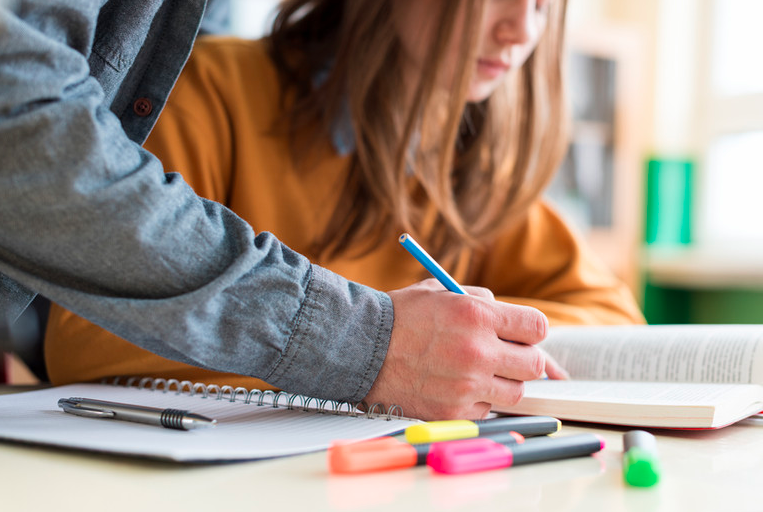
Introduction for the EMBRACE Team
This presentation summaries the key information about the Erasmus EMBRACE project including the different mobilities and activities.
The presentation was intended to showcase the outline of the programme to those who would be taking part as teachers.
The objectives of the project, as well as to-do activities from the beginning of the programme are listed within the presentation.
The video to the left is similar to the presentation above but is a more visual explanation of the key themes of the EMBRACE project including democracy and what it means to be a good human citizen.
